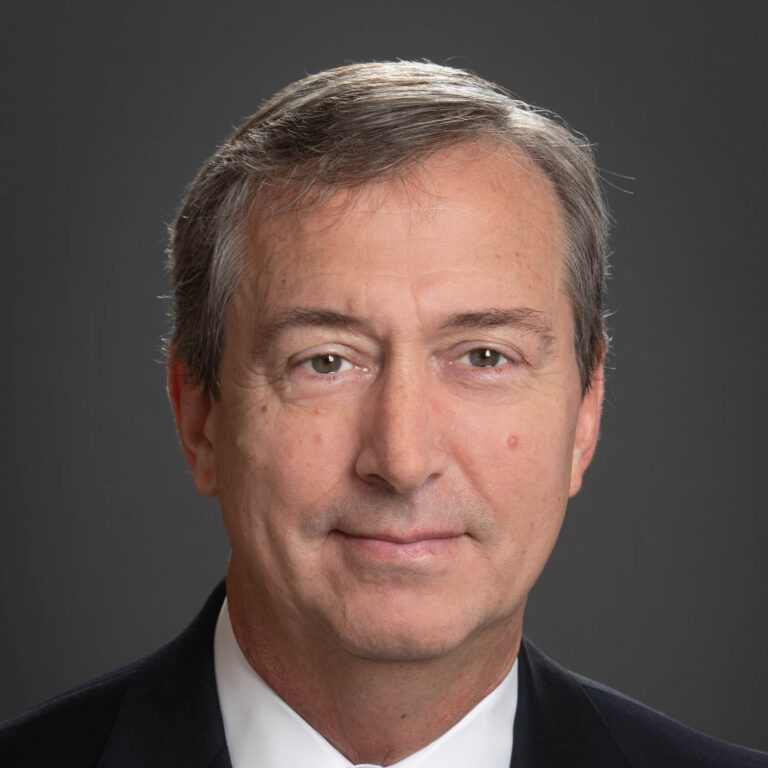Future Residents Make Match Day Memories
This is a long-awaited time for aspiring medical residents. Match Week 2021 kicked off Monday when future residents learned whether they had a match. Those who did will find out Friday where they will be spending their residencies.

The process begins in the fall during the final year of medical school, when residents apply to the programs of their choice. During the fall and early winter, applicants interview with programs. From February to early March, applicants and program directors rank each other in order of preference and submit the lists to the National Resident Matching Program, which processes them using an algorithm to pair applicants with programs.
Here are reactions from three people who got good news Monday.
Andrew Beckett, A.T. Still-Kirksville College of Osteopathic Medicine
Beckett’s three-month-old boy started crying Monday when the news came in. So did Mom and Dad.
“I had my computer opened up to my email with the volume up loud so that it would make a noise when the [match notification] arrived,” Beckett said. “When the sound came, I was with my wife and two kids, anxiously awaiting. I was across the room and my wife was close to the computer. I ran over to the computer, opened the email, and saw the wonderful news. From there, it was a mix of tears, shouting for joy [causing the concerned youngster to cry], prayers of gratitude, and sharing the good news with family and friends.”
The news helped Beckett and his family feel relieved and hopeful about the future.
“We immediately felt that things were going to work out,” he said. “After years of hard work, sacrifice, and tears, we now had a huge burden lifted from our shoulders.”
Follow Andrew Beckett on Twitter: @AndrewJBeckett
Samantha Dyroff, University of Missouri College of Medicine
Even with a strong support system and confidence in her talent, Dyroff was concerned about what would happen this week after an uncertain year caused by COVID-19.
“This year, especially, the pandemic led to extra questions on how virtual interviews would affect everything and whether matching would be more difficult, which only contributed to the anxiety,” she said. “So, it would be an understatement to say reading those words [Monday] morning really meant the world to me. It meant the hundreds of hours of studying and working on myself to become ready for such an intensive specialty was worth it.”
Most of all, Dyroff is looking forward to helping patients see better outcomes and serving as a mentor to future medical students.
“As I look forward to my career, I see how my research and clinical work will have a positive impact on thousands of patients each year,” she said. “I cannot wait to find a medical student as unsure as I was and build them up to believe radiology is in their abilities, too.”
Follow Samantha Dyroff on Twitter: @samanthadyroff
Adlai Grayson, Howard University College of Medicine
Not long after they learned that they had matched, Grayson and a few of his cohorts turned their attention to those in their class who didn’t receive good news.
“We provided encouragement, getting rid of self-blame and admonition,” he said. “We let them know we all have hurdles and that this shouldn’t stop them. Some people just needed help navigating the system to mitigate nerves and stress, especially when you want to make sure the reapplications are correct.”
Grayson is confident after receiving his match news and is ready to start the next chapter in his life.
“I’m thankful that I matched among the programs I ranked,” he said. “I’ll be happy and I feel like I will thrive at any of them.”
Follow Adlai Grayson on Twitter: @adlaigrayson





